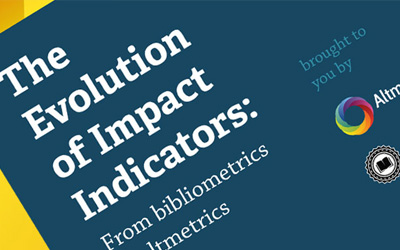
As part of OA Week 2017, Scholastica had the opportunity to be a part of the University of Cambridge Open Access Week speaking series event “Helping Researchers Publish in Science, Technology, Engineering and Mathematics.” We were thrilled to be included in this event, which focused on resources for publishing OA research in STEM disciplines both from the author and journal perspective, bringing together speakers from PLOS, Cambridge University Press, The Conversation, and more.
Scholastica Co-founder and CEO Brian Cody presented “The Rise of DIY Open Access Journals: Why and how.” The presentation overviewed the spread of scholars and academic institutions both starting new OA journals and flipping existing paywalled publications to OA models, as well as tips and tools for successful DIY journal publishing. You can watch the full presentation below and access the slides via SlideShare.
Presentation Highlights
A primary contributor to the DIY journal publishing movement has been the rise in journal costs under the corporate publishing model. While OA research is free to read it’s not without production costs. With some publishers instituting OA article processing charges (APCs) in the thousands of dollars there is a risk of the serials crisis being replaced with an APC funding emergency. DIY journal publishing is one of the most direct solutions to this problem.
Using online tools and services, it’s becoming possible for academic institutions and groups of scholars to feasibly and easily publish OA journals on their own. Such DIY journals are leading to new digitally-driven and significantly more affordable OA publishing models that are vital to the scalability and sustainability of the OA movement.
In the above presentation, Brian discusses the rise in DIY OA journal publishing and overviews:
- Examples of DIY OA journals
- The benefits of DIY journal publishing
- Tips and tools for efficient and affordable OA publishing
For further reading, be sure to also check out the free resources mentioned in the presentation including Scholastica’s recent white paper “Democratizing Academic Journals: Technology, Services, and Open Access“ and our eBook on launching an OA journal, “The Open Access Journal Starter Kit.”








